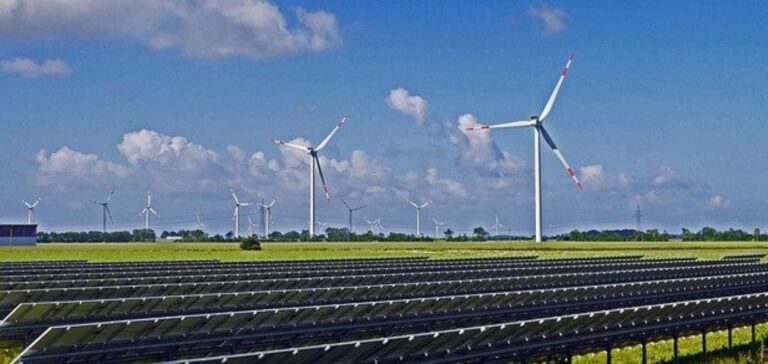Spain, under the leadership of Prime Minister Pedro Sanchez, has unveiled an ambitious 2.3 billion euro plan to reinforce its energy transition to greener sources. The plan includes significant subsidies for green energy industries, in particular hydrogen produced from renewable sources. With its abundant sunshine and strong winds, Spain is a European leader in renewable energies.
Crucial support for Green Hydrogen
The Spanish government recently approved a €794 million subsidy package for large-scale green hydrogen projects, targeting a potential electrolysis capacity of 652 megawatts. These subsidies are essential for these projects because of the high production costs of green hydrogen, which are not yet competitive without public support.
With this new plan, Spain is aiming for an ambitious target of 11 gigawatts (GW) of electrolysers by 2030, up from the previous target of 4 GW. This development demonstrates the country’s determination to play a major role in the production of green hydrogen in Europe, aligning its efforts with its climate commitments.
Impact on agriculture and infrastructure
In addition to supporting the energy industries, the plan includes measures to help the agriculture and infrastructure sectors adapt to green energy. Villages and rural areas will also benefit from this plan, aimed at integrating them into the energy transition and improving their resilience in the face of climate change.
Spain has already shown significant progress in renewable energy production, with production records set in recent years. The new plan should not only consolidate these achievements, but also pave the way for new innovations and investments in the energy sector.
Future Perspectives and Analyses
Switching to greener energy is an urgent necessity for Spain, in line with the European Union’s targets for reducing carbon emissions. The financial and political commitment shown by the Spanish government reflects a growing awareness of the importance of the energy transition for the country’s economic and environmental sustainability.
By encouraging the production of green hydrogen and supporting renewable energies, Spain could become a model for other European countries. Investments in green infrastructure and support for rural areas demonstrate an inclusive approach to the energy transition, integrating all sectors of society.
Spain’s ability to achieve its ambitious goals will depend on the effective implementation of this plan and the ability to attract private investment. The outlook is promising, but the challenges remain numerous, requiring close collaboration between government, industry and local communities.
Spain’s energy future looks bright, with a clear roadmap towards cleaner, more sustainable energy. This 2.3 billion euro plan is a significant step in this direction, placing Spain at the forefront of Europe’s energy transition.






















